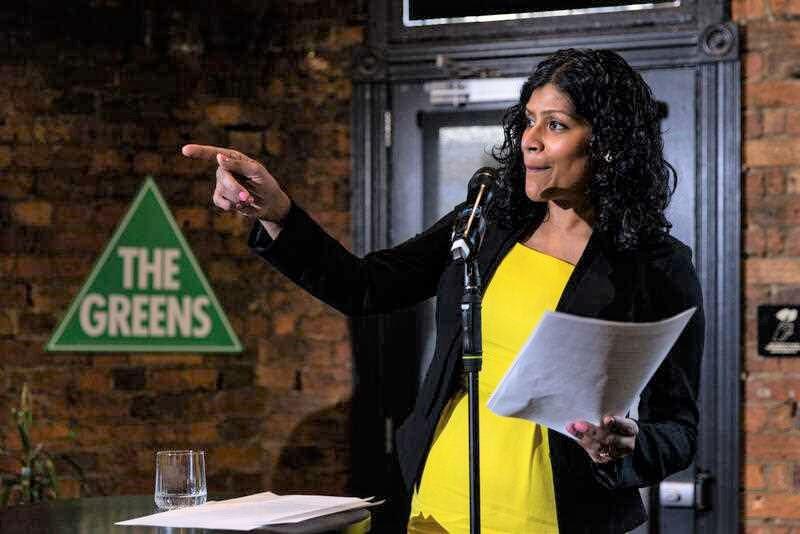The left-wing Australian Greens has listed five demands or priorities if it holds the balance of power after the next election if the Victorian state Labor government fails to win enough seats to form a majority government.
It follows an announcement from Premier Daniel Andrews who ruled out any dealmaking with the Greens, as well as Independent MPs, amid concerns of a hung parliament.





